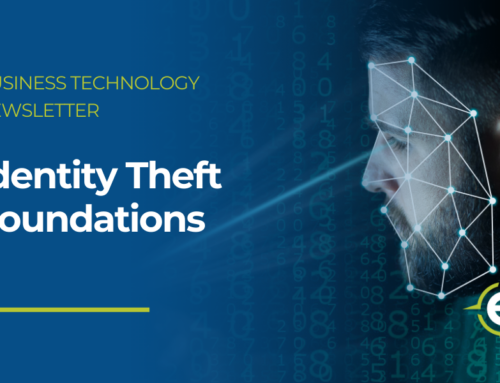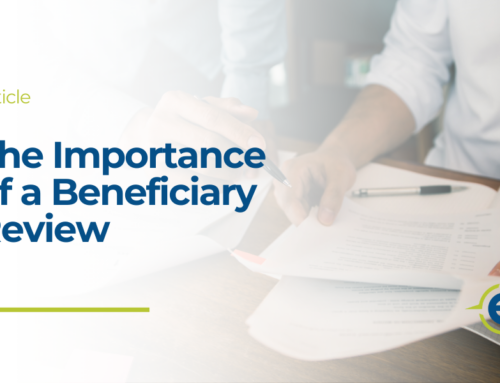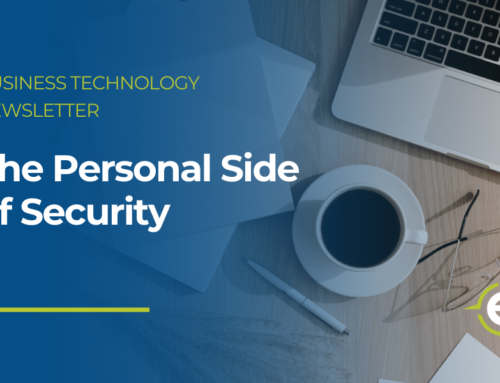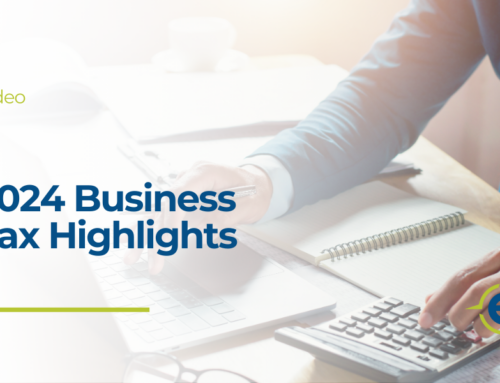Data Security at School
How Security Awareness Applies to Educators
As someone involved in education, your job can be stressful. It doesn’t matter if you work in an office or a classroom; time is rarely on your side, especially when managing the many hats worn by those in your industry. Adding cybersecurity concerns to that mix can be understandably overwhelming.
Here’s a quick overview of how security awareness applies to you.
Access Is Everything
Depending on your role, you might have access to valuable student information, such as full names, addresses, birthdates, and national ID numbers. If an attacker manages to steal that data, they could compromise the student’s identity and open fraudulent accounts in their name.
Educational Institutions Are a Top Target
Cyberattacks and other threats impact those in education more than any other industry, including financial services, power and utilities, telecommunications, retail, and healthcare. In fact, education saw more malicious encounters than all those industries combined, accounting for over 80% of reported attacks.
Malware (Malicious Software) Infections Are Costly
Malware infections can be used to steal passwords and other confidential data. It can also set the stage for a ransomware attack, a type of malware that completely disrupts the operation of an entire school district. Ransomware encrypts networks of computers, including the data they store, and holds them for ransom until a large fee is paid.
Social Engineering Works
Social engineering is the use of manipulation and deception to mislead people. Most social engineering attacks feature elaborate stories designed to gain and abuse someone’s trust. When it works, people can be conned into things like downloading harmful software, sharing confidential information, and providing unauthorized access.
Social Engineering Works
While the threats you face as an educator may vary, there are a few basic actions you can take that will help ensure both security and privacy:
- Always follow your institution’s policies
- Lock workstations and devices when not in use
- Never assume someone is who they claim to be
- Use strong, unique passwords for every account
- Report anything suspicious immediately







